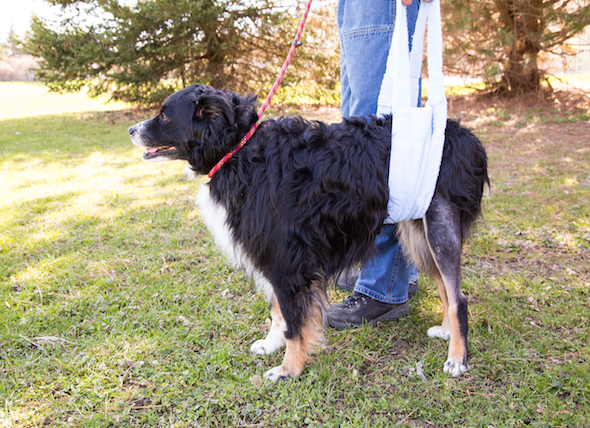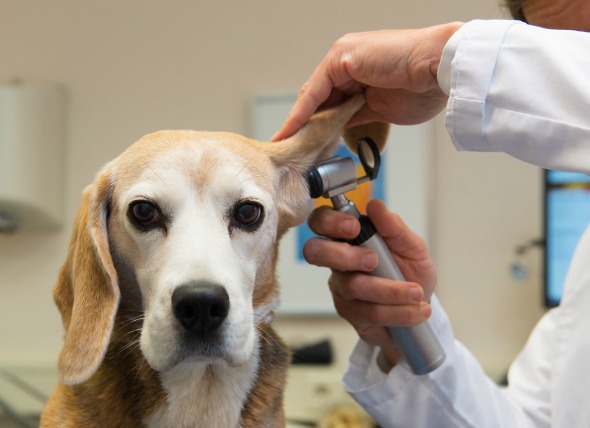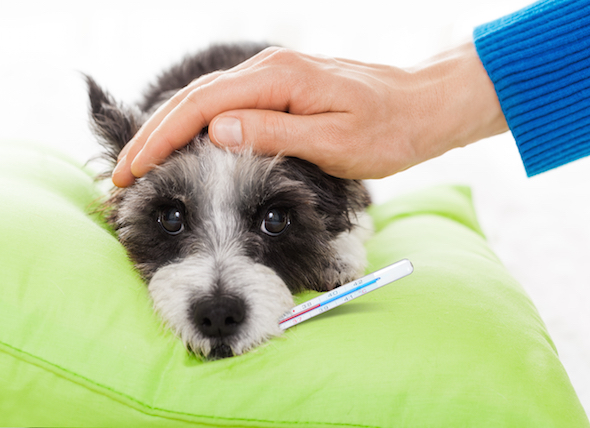
Hepatozoonosis is a tick-borne disease that results in infection with the protozoan (one-celled organism) known as Hepatozoon americanum.
The disease is more common in the southern and southeastern United States. Infection is often subclinical. However, symptoms of clinical infection include:
Hepatozoonosis may affect the bones, liver, spleen, muscles, small blood vessels in the heart muscle, and the intestinal tract.
Hepatozoonosis is carried by the tick Amblyomma maculatum. Dogs become infected through being bitten by an infected tick or through ingestion of an infected tick.
Definitive diagnosis is made by finding the Hepatozoon organisms in white blood cells on a blood smear. However, routine blood testing consisting of a complete blood cell count and blood chemistry profile is typically performed in addition to the blood smear to check for additional organ dysfunction or abnormalities.
Radiographs (X-rays) to examine the bones of the pelvis, vertebrae, and legs may be recommended as well.
Treatment is primarily palliative to relieve pain and may include glucocorticoids or non-steroidal anti-inflammatory medications. Initial combination therapy with trimethoprim/sulfa, clindamycin and pyrimethamine may be followed by long-term therapy with decoquinate.
Hepatozoonosis in dogs can be prevented by controlling ticks and tick bites. It may be possible to remove an infectious tick before it has had a chance to pass the disease into the dog’s blood. Always check your dog after returning from an outing, and remove ticks carefully, thoroughly, and immediately.
 Torn Knee Ligament in Dogs
Cranial Cruciate Ligament and Anterior Cruciate Ligament
Torn Knee Ligament in Dogs
Cranial Cruciate Ligament and Anterior Cruciate Ligament
 Ear Hematoma in Dogs
Canine Aural Hematoma
Ear hematomas, also known a
Ear Hematoma in Dogs
Canine Aural Hematoma
Ear hematomas, also known a
 Fever in Dogs
Pyrexia in Dogs
Fever, referred to medically as p
Fever in Dogs
Pyrexia in Dogs
Fever, referred to medically as p
 Bacterial Infection (Pyelonephritis) of the Kidneys in Dogs
Pyelonephritis in Dogs
Pyelonephritis is a bacter
Bacterial Infection (Pyelonephritis) of the Kidneys in Dogs
Pyelonephritis in Dogs
Pyelonephritis is a bacter
 Anemia Related to the Immune System in Dogs
Immune Mediated Anemia
The immune system in a dog
Anemia Related to the Immune System in Dogs
Immune Mediated Anemia
The immune system in a dog
Copyright © 2005-2016 Pet Information All Rights Reserved
Contact us: www162date@outlook.com